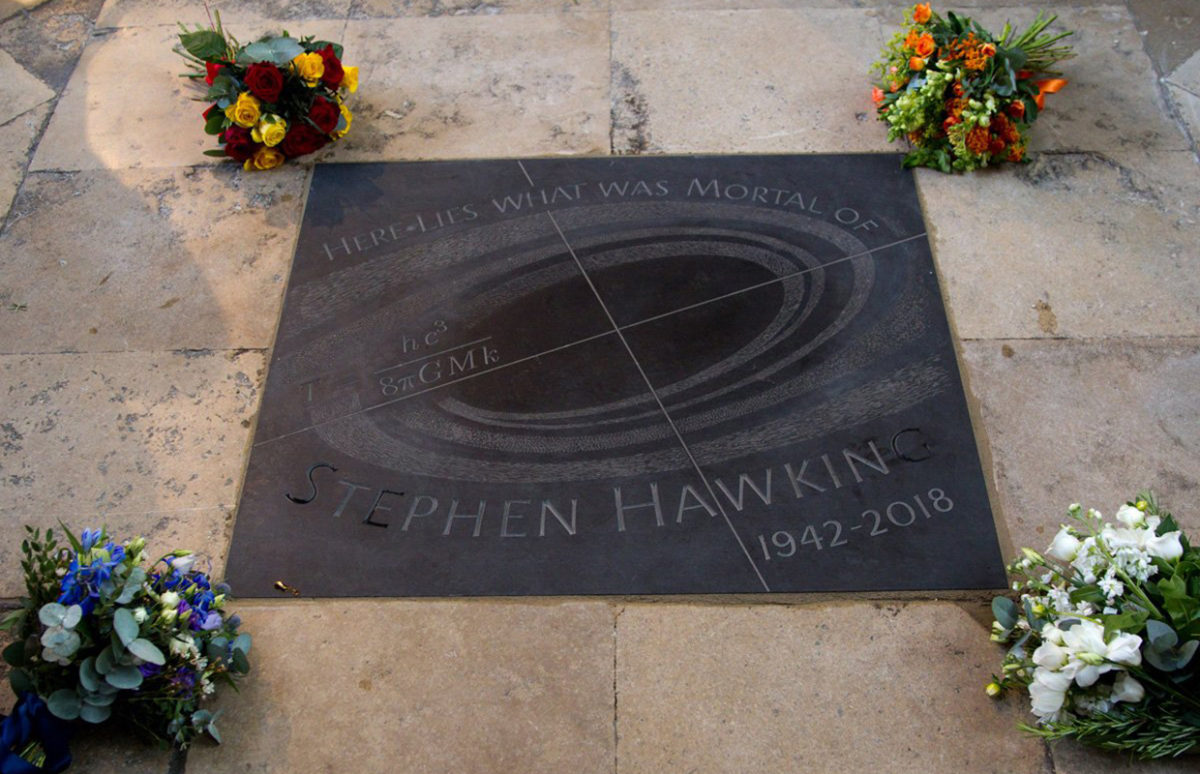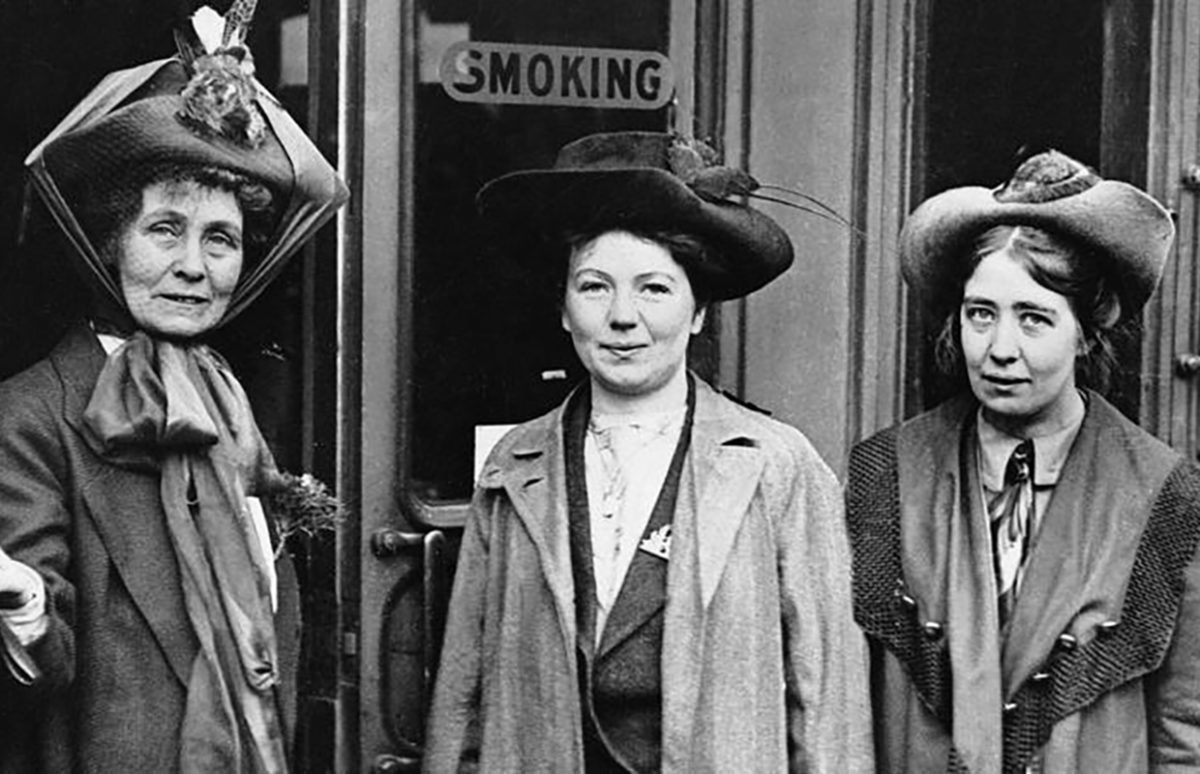
Emily Brontë was born 200 years ago on 30 July. She is the most mysterious of the famous Brontë family and little is known about her. What’s more, the manuscript of her only novel, Wuthering Heights, has never been found. A bicentenary project invited 12,000 visitors to the Brontë Museum to recreate the manuscript, line … Continue reading “Emily Brontë 200”

Nous serions ravis de recevoir des exemples d’erreurs génériques que vos élèves font tout le temps afin de vous proposer en retour des méthodes efficaces pour aider les élèves à éviter ces erreurs. Par exemple, confondre les noms dénombrables et indénombrables : “I read much books.” Ou se tromper dans l’ordre des mots: “I speak very well … Continue reading “Help Us Help You Avoid Student Errors”

On Friday June 15th, after a memorial service which saw Stephen Hawking’s ashes interred at Westminster Abbey, his “message of peace and hope” was sent to the stars. Ashes to Ashes… The ashes of British physicist Stephen Hawking were buried Friday June 15th in a corner of Westminster Abbey between the graves of Charles Darwin … Continue reading “Back in Black… Hole”

You’ve watched all seven seasons, and read the books. There’s a whole year to wait till the concluding season eight. Never fear, you can check out the Game of Thrones touring exhibition all summer in Paris. If you are one of the millions of fans of the series based on George RR Martin’s books, this … Continue reading “Winter is Coming… for the Summer”

Being buried in Westminster Abbey is the highest honour a British person can be given. And yet, like so many British traditions, it has developed in an organic way, with no real rules or system. It is sometimes described as Britain’s Pantheon or Valhalla. The Abbey itself, in London, is a thousand years old and … Continue reading “Westminster Abbey: Britain’s Pantheon”

In 2018, Britain is celebrating the centenary of a major milestone in the suffragette movement’s fight to obtain votes for women, which was led by Emmeline Pankhurst and her daughters Sylvia and Christabel. Emmeline Pankhurst’s great-granddaughter, Dr Helen Pankhurst, is giving two talks in Paris: “From ‘Votes for Women’ to ‘Time’s Up’, Reflections on feminism … Continue reading “Votes for Women: Helen Pankhurst Lecture in Paris”

New Zealand Prime Minister Jacinda Ardern gave birth to her first child, a girl, on 21 June, then shared the news with a photo on social media. The PM will now take six weeks maternity leave while her deputy steps in. At 37, Ardern is New Zealand’s youngest Prime Minister in 150 years, and she … Continue reading “How to Be a Modern Prime Minister”

Jean Rhys (1890-1979) lived and wrote about her extraordinary life in the West Indies, London and Paris before producing her masterpiece, Wide Sargasso Sea, a prequel to Jane Eyre, telling the story of Bertha Mason, the Creole wife Mr Rochester married for her fortune, and who in Jane Eyre is portrayed as the madwoman in … Continue reading “Celebrating Author Jean Rhys”

Montpellier will see the French première of an extraordinary new dance and theatre piece about the experience of Indian soldiers in World War I on 26 and 27 June. XENOS is the latest creation by British-Bangladeshi dancer and choreographer Akram Khan. The title is ancient Greek for “stranger” or “foreigner” and the piece draws both … Continue reading “War Dance”

La collection de manuels Thumbs up! s’agrandit avec l’arrivée dans vos casiers de Thumbs up! 5e. Voici la bande annonce ! Fortement ancré dans la culture anglophone, riche en documents authentiques, Thumbs up! 5e propose de nombreux parcours différenciés pour permettre tous les élèves de progresser. Pour en savoir plus.














